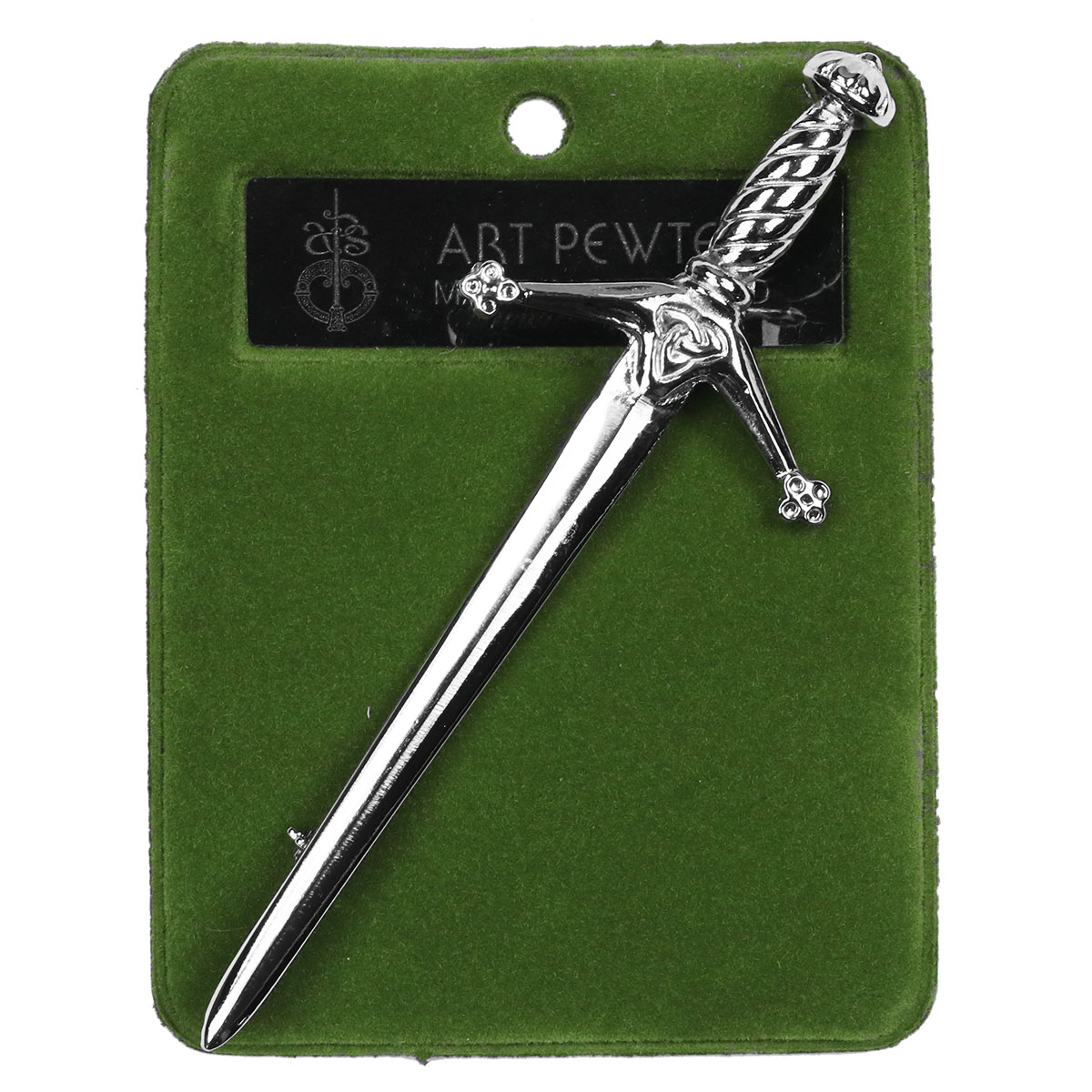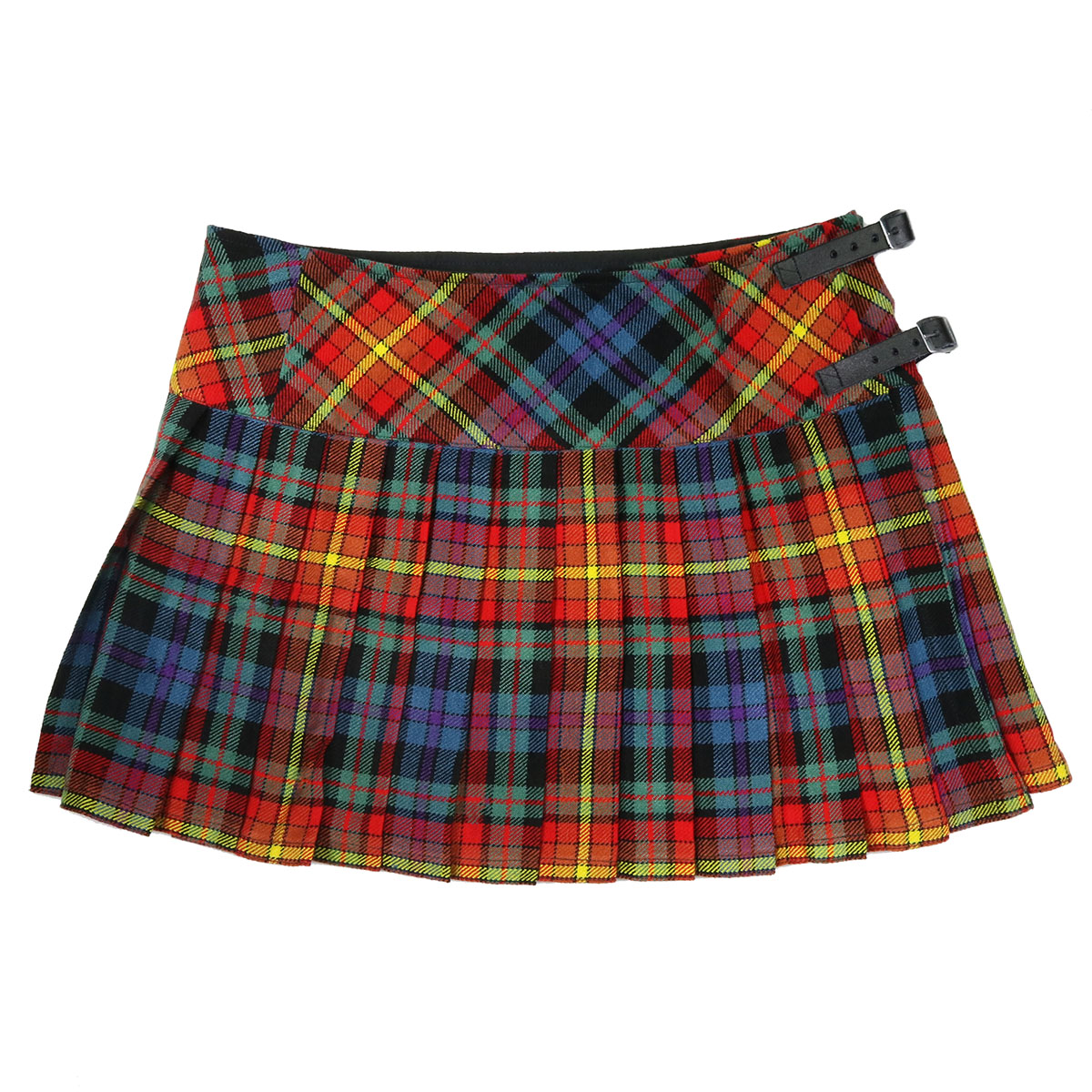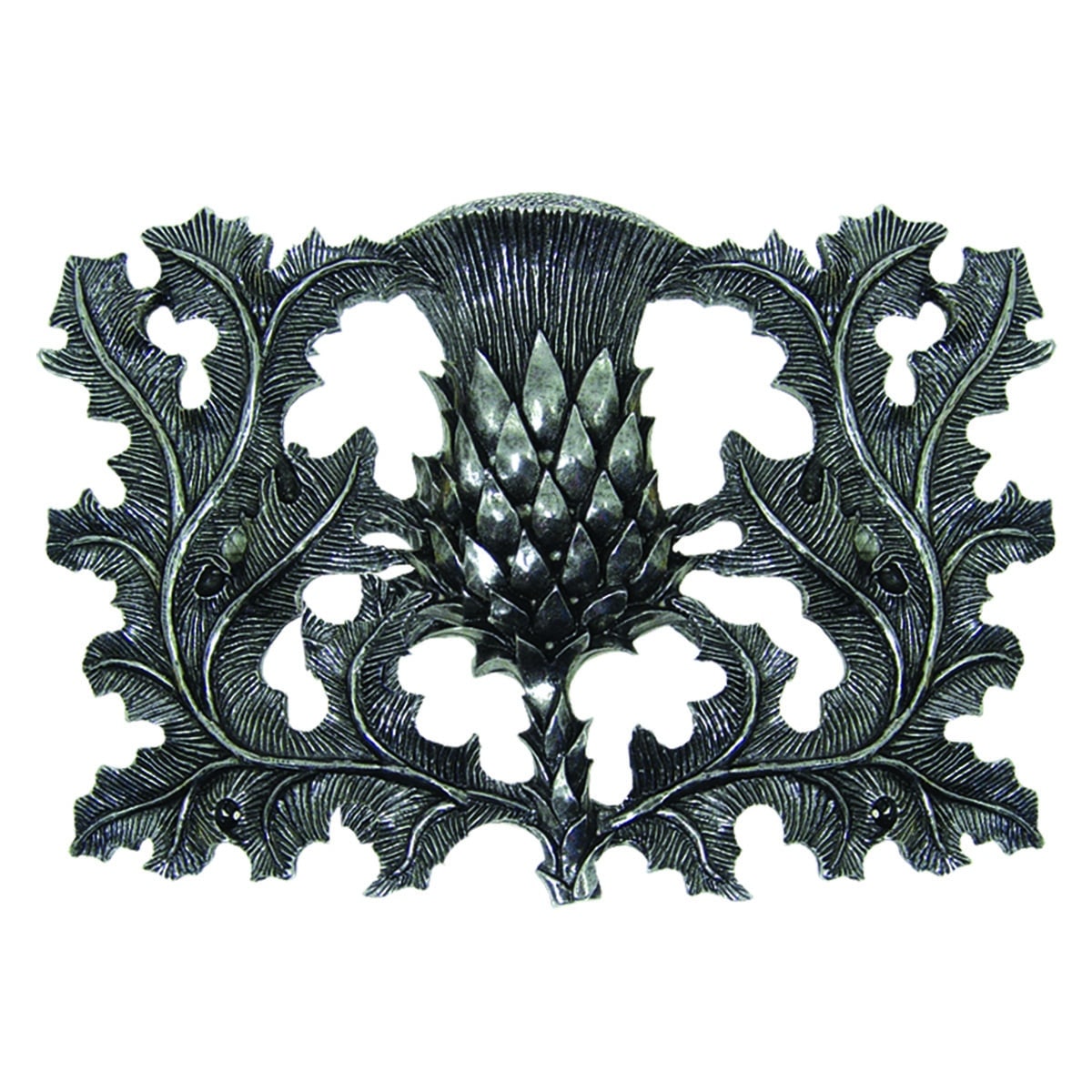Originally published August 2016
Dublin’s Westmoreland Lock Hospital served as the city’s center for the treatment of venereal disease. Built in 1792, the street it called home had once been known as “Lazar’s Hill” for a leprosy hospital.
A “lazar house” was a term for a place where people with leprosy were quarantined, and the term “lock” refers to the rags, or “locks” which were used to cover the leper’s skin lesions. It treated up to 300 men and women.
After the incidence of leprosy dropped, the hospital’s focus changed. The Lock became a women’s hospital treating around 200 who were suffering from venereal diseases.
Unfortunately, the supply of patients was fairly consistent, coming from as many as 2000 prostitutes working in the Monto area of Dublin. These ladies served “the largest garrison of the British army at home or in the colonies” (-Under-Secretary Thomas Larcom). At the time, the Monto was reputed to be the largest red-light district in Europe.
The hospital itself never had the power to hold women against their will. However, upon their discharge, a large number of them were sent to the work-house or the Lock Penitentiary, built in 1794, or the Dublin Lying-in Hospital, for those who were pregnant.
But the Lock Hospital seemed more prison than hospital. It is described as a dreary, depressing place. The patients were made to wear drab clothes under the theory that “If we allowed theses swell ladies from Mecklenbourgh Street (Monto) to flit about in pink wrappers and so on, it would be a distinct inducement to others less hardened to persevere in that life (prostitution) in the hope that probably they would arrive at similar distinction.” – From Rare old Dublin -Heroes Hawkers and Hoors.
Protestant Management of the hospital segregated Catholic and Protestant patients under the presumption that they came from different stations in life and should not mix. Other Irish hospitals also practiced a certain amount of religious segregation at the time. Wives who had been infected by their husbands were also segregated from the “common prostitutes.”
By the 1880’s one British commander reported that one-third of the garrison of 5000 soldiers in Dublin were infected. Another commander complained that one-half of his unmarried men suffered from venereal disease.
One commentator at the time suggested the prostitutes were doing more to weaken links to the empire than the Irish nationalists of the time. Despite the recognition that STD’s were a huge issue, especially for the military, the hospital struggled to survive.
Thanks to the “taint” surrounding its patients and illnesses, it rarely received donations from the charitable organizations that funded Dublin’s other hospitals. This fact, of course, must have only contributed to the dreary atmosphere of the facility.
Eventually, Ireland gained independence and England withdrew its troops from the city. Catholic organizations began to force the closure of the brothels of Dublin. This substantial reduction decreased the size of the local sex industry. Many of the remaining “fallen women” were being remanded to the abuses of the Magdalene Laundries.
The Westmoreland Lock Hospital was eventually charged with the care of women and infants in Dublin in 1945. But still suffering from funding issues, it ran out of money, and the building was eventually declared unsafe and was demolished in 1949.




